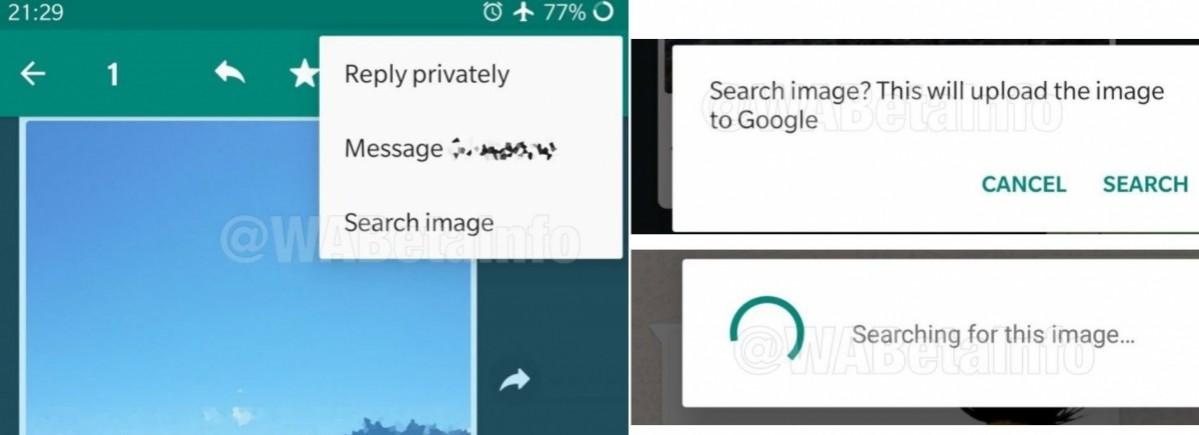Facebook-owned WhatsApp in collaboration with the National Association of Software and Services Companies (NASSCOM) Foundation announced to work on improving digital literacy among youth in the country to curb the spread of the misinformation.
It can be noted that the 2016 presidential election in the US courted controversy of involvement of Russian spy agencies with propaganda advertisements on social media channels particularly Facebook to voters and swing the electoral results in favour Donald Trump, which the latter says otherwise and insists there were no illegalities during pre-election campaign season.
Now, India is heading towards Lok Sabha election, world's biggest democratic exercise, in the second week of April with more than 900 million eligible citizens ready to cast the vote to choose the next prime minister of the country.
The election campaign is already in full swing in the regions part of the phase one of the total seven, WhatsApp and Nasscom Foundation have pledged to impart digital literacy training to help tackle the challenge of misinformation. They aim to reach around 100,000 Indians with training to spot false information and provide tips and tricks to stay safe on WhatsApp.
The co-created curriculum is said to help people be mindful about forwarding rumours. The training is said to include real-world anecdotes, tools that can be used to verify a forward and actions users can take like reporting problematic content to fact checkers and if need be to the law enforcement.

Aware of the multiple diversity and languages, the curriculum will be offered in several regional languages of India.
The first leg of the campaign will kick off on March 27 in Delhi with volunteers followed by cities, towns and villages. They are said to host training workshops for representatives from rural and urban along with roadshows across numerous educational institution.
Nasscom Foundation will also make use of its own volunteer base to launch the 'Each One Teach Three' campaign that mandates every volunteer to share their knowledge with three more persons leading to a network effect. These volunteers will post their takeaways from the workshops on their social media handles to increase the reach of these safety messages.
"We are excited to expand our partnerships with civil society to advance crucial digital literacy skills that can help combat misinformation share on WhatsApp. This training educates people throughout India to be mindful of the messages they receive and to verify the facts before forwarding," Abhijit Bose, Head of India, WhatsApp, said in a statement.
In a related development, Facebook-owned company is already testing a new reverse search feature in WhatsApp that will allow users to fact-check the image to know whether the forwarded images are fake or genuine.

As per the image (above), we can see there is a new 'Reverse Image Search' feature and if you select yes, it will upload the forwarded image to the Google browser and match it with the vast visual data available on the Internet. This will apparently give you a clear idea whether the image is a morphed photo used to project a particular person (or a political party) is bad or a saviour of the country.
As said before, the general election will be conducted in seven phases, starting from April 11 and continue till May 19, whereas the counting of votes will be held on May 23.









